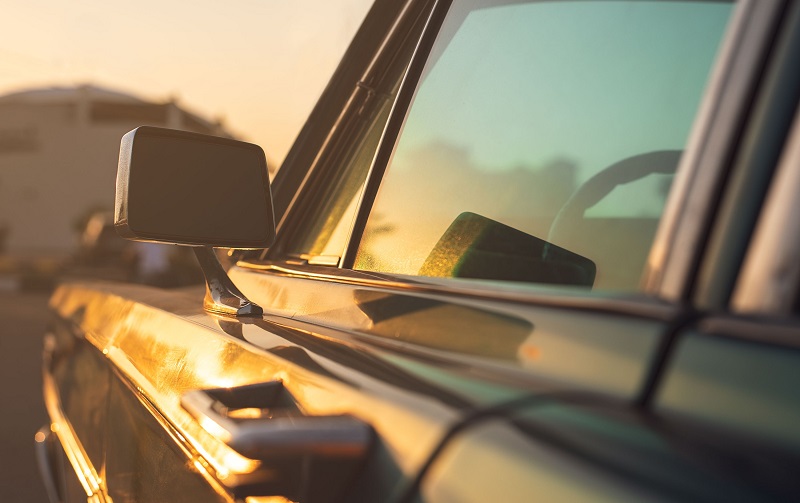Driving a tinted car is legal in most states, but how dark should your tint be? There are so many car window tinting laws and regulations across the country today that it can be a bit difficult to keep track of them. Some states even prohibit tinting altogether.
If you are planning to apply window tint, either on your own or at the detailing shop, it is recommended to consult with a professional to know what pertinent tinting rules apply in your area. You do not want to spend time, money and effort installing window film, only to be stopped by the authorities as you are driving down the highway because your tint is illegal.
Why Apply Tint to Your Cars?
The most important reason for installing window tinting is that it keeps out heat, harmful UV rays, and glare as you drive or park your car in broad daylight. We all know that the sun can cause all sorts of interior and exterior damage to your vehicle, and tinting can address the problem considerably. Tinting film can also improve your car’s good looks, making it even more suave and classy.
Car Tinting Laws Explained
State laws regulating the installation of window film are generally geared to ensure that a sufficient amount of visible light transmission or VLT penetrates the interior of the vehicle. The VLT may be computed solely on the basis of the film itself, or on both the film and the window glass. Each law will have varying percentages of required VLT percentages, which translates to how dark or light your tint can legally be.
To this end, states regulate the color of the tinting film that you can use, the placement of stickers and decals on the windows, the size of the window tint, the type of tinting film for each specific window (rear windows vs. windshield, front side vs. rear side window), the types of vehicles that can use tint, and the reflective quality of the tinting film.
If you wish to apply tinting film on your own, you should definitely ask your detailer about which tinting film you should purchase so that you won’t end up wasting money. Your state might also require certain certifications from tinting film manufacturers or installation shops to determine if their window tint meets legal requirements in the area.
Car Window Tinting Laws- Exceptions
Some states provide medical exemptions when the driver is proven to require a particular type or quality of tinting film for safety purposes. As a general rule, a darker tint will not necessarily provide better heat and glare protection, so exemptions are closely monitored and enforced.
All these specific requirements must be followed to the letter if you do not want to be compelled to remove the tinting film on your vehicle, pay a fine, go to jail, or possibly be made to do all three. Law enforcement officers are wary of very dark windows, and for good reasons. Drivers may need to make eye contact with follow drivers on the road, and if your tint is too dark, you can expose yourself as well as others to road accidents.
If you should ever find yourself stopped by the police and you are driving a dark-tinted car, be sure to roll down your windows immediately so you can converse with them properly. It will go a long way towards easing their minds and yours.





